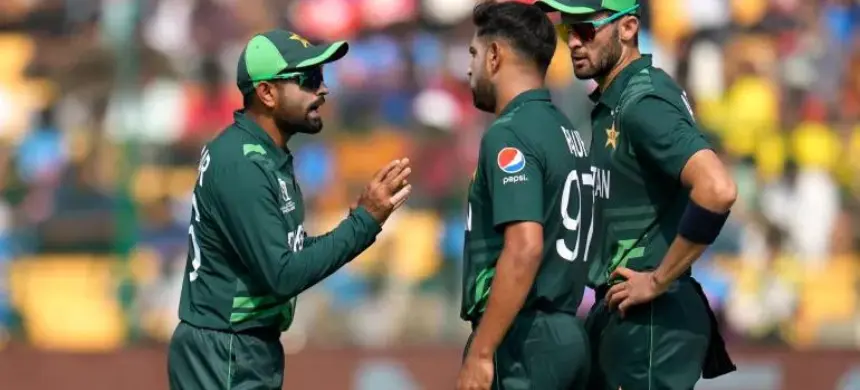The PCB Chairman, Mohsin Naqvi, made a pointed statement following Pakistan’s disappointing performance against India in the 2024 T20 World Cup, indicating a need for significant restructuring within the Pakistan Cricket Team.
Naqvi highlighted several critical issues, suggesting that the impending changes might not address the root causes effectively, echoing historical trends where blame is often placed on players rather than addressing systemic flaws in the cricket structure itself. The proposed “major surgery” appears to be more about asserting authority than implementing a comprehensive reform that considers the team’s history, challenges, and individual player dynamics.
Read More: Gary Kirsten Highlights Key Reasons Behind Pakistan’s T20 World Cup Failures
Key areas for improvement identified include:
- Top-Order Dynamics: The longstanding opening partnership of Mohammad Rizwan and Babar Azam, initially effective, has become a liability in evolving T20 cricket. The conservative approach of relying heavily on these anchors contrasts with successful teams that typically balance one anchor with more aggressive stroke players.
- Resistance to Change: There’s a noted reluctance among key players like Rizwan and Babar to adapt their playing styles to current T20 demands, where power hitting and dynamic play are crucial. This inflexibility limits Pakistan’s ability to compete effectively, especially in high-pressure international tournaments.
- Middle-Order Challenges: The middle-order composition has been inconsistent, with players like Shadab Khan and Iftikhar Ahmed not consistently utilized despite past successes in crucial matches. The lack of continuity and strategic planning in player selection and role assignment has been detrimental.
- Selection and Development: The selection process, particularly for lower-order batters like Azam Khan, has been criticized for its impatience and inconsistency. Developing players in roles that require adaptability and situational awareness is crucial for T20 success, but Pakistan’s approach has been lacking in this regard.
Overall, Naqvi’s critique suggests a need for a more holistic approach to cricket development in Pakistan, emphasizing strategic planning, player development, and adaptability to modern T20 cricket trends. The challenge lies in implementing these changes effectively to foster a competitive and resilient cricket team capable of consistent performance at the international level.











